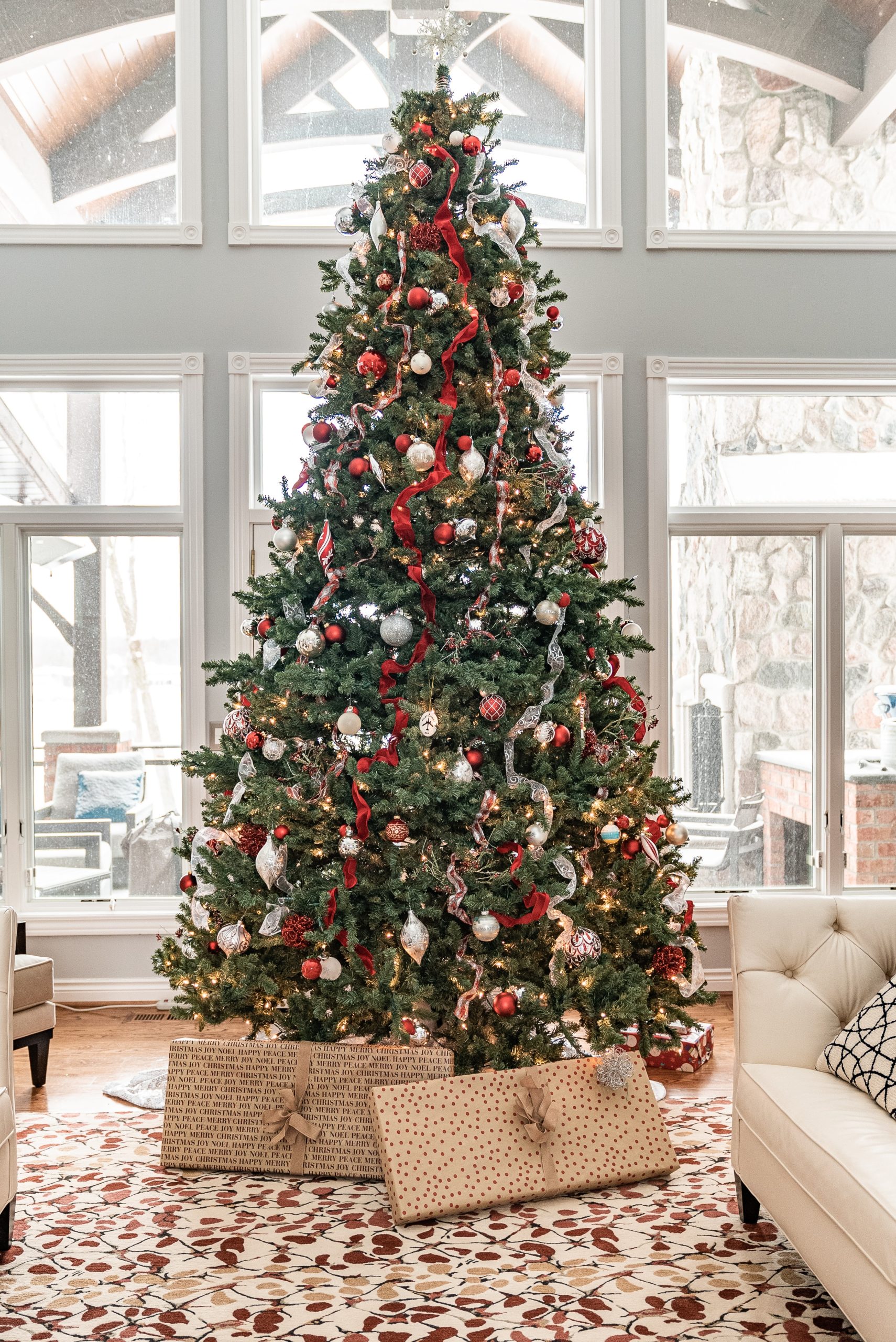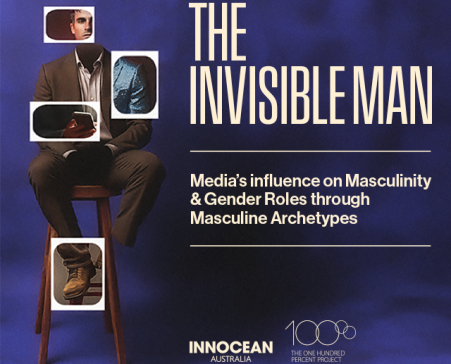Diversity of Thought Blog
Unwrapping Gender Stereotypes: The Festive Season and Gender Inequality

Gender stereotypes are a pervasive aspect of our society, perpetuating gender inequality in various spheres of life. During the festive season, these stereotypes often become more pronounced, affecting all genders.
In the words of Brené Brown, a renowned scholar and researcher, “When we silence our stories and disengage from tough conversations, we confirm the stereotypes about power and gender. But when we dare to share our stories and engage in real dialogue, we challenge these stereotypes and create a more inclusive, equitable world”.
Why Gender Stereotypes Flourish During the Festive Season.
The festive season, with its traditions and customs, tends to reinforce gender stereotypes. Societal expectations have long dictated what roles men and women should play during this time. For instance, women are often expected to take charge of holiday preparations, including cooking, decorating, gift purchasing, and gift-wrapping. Meanwhile, men might be encouraged to handle tasks related to outdoor activities or setting up the Christmas tree. These stereotypes are perpetuated through various mediums, including advertisements, movies, and even greeting cards, which often depict women as nurturing and men as providers. This amplification of traditional roles during the festive season can make it challenging to break free from gender norms.
Reimagining Your Role This Season
The 100% Project encourages individuals to reconsider the roles they play during the festive season. By asking themselves a few key questions, they can begin to challenge these stereotypes:
- Am I expected to do this? Reflect on the tasks you’re assigned and consider whether they align with your interests and abilities.
- Where is my agency and choices? Recognise your agency to make choices that go beyond traditional roles and embrace activities you genuinely enjoy.
- How are these tasks perceived? Challenge the societal perception of tasks typically associated with your gender and recognise that these stereotypes limit your potential.
- If you’re a parent of young children, consider whether the gifts you’re giving them are what they really want, or what you think is appropriate based on their gender.
Examples of Gender Roles in Stereotypes
Examples of gender roles perpetuated during the festive season include:
- Women primarily responsible for gift purchasing and wrapping.
- Women primarily responsible for cooking and preparing meals.
- Men as the designated outdoor decorators.
- The expectation that women are more focused on nurturing and caring for children.
- Men doing the outside cooking (BBQing), women the inside.
Addressing Gender Stereotypes at Christmas
To address gender stereotypes during the festive season, start conversations with family and friends about the expectations placed on individuals based on their gender. Encourage open dialogue about how these stereotypes limit personal growth and reinforce inequality. Furthermore, make an effort to share the responsibilities and encourage everyone to participate in tasks traditionally associated with the opposite gender.
The festive season should be a time of joy, love, and togetherness, free from the constraints of gender stereotypes. By reimagining our roles and encouraging open conversations, we can work towards a more equal and inclusive celebration that empowers everyone to fully participate. It’s time to unwrap these stereotypes and make room for a brighter and more equitable future for all.

